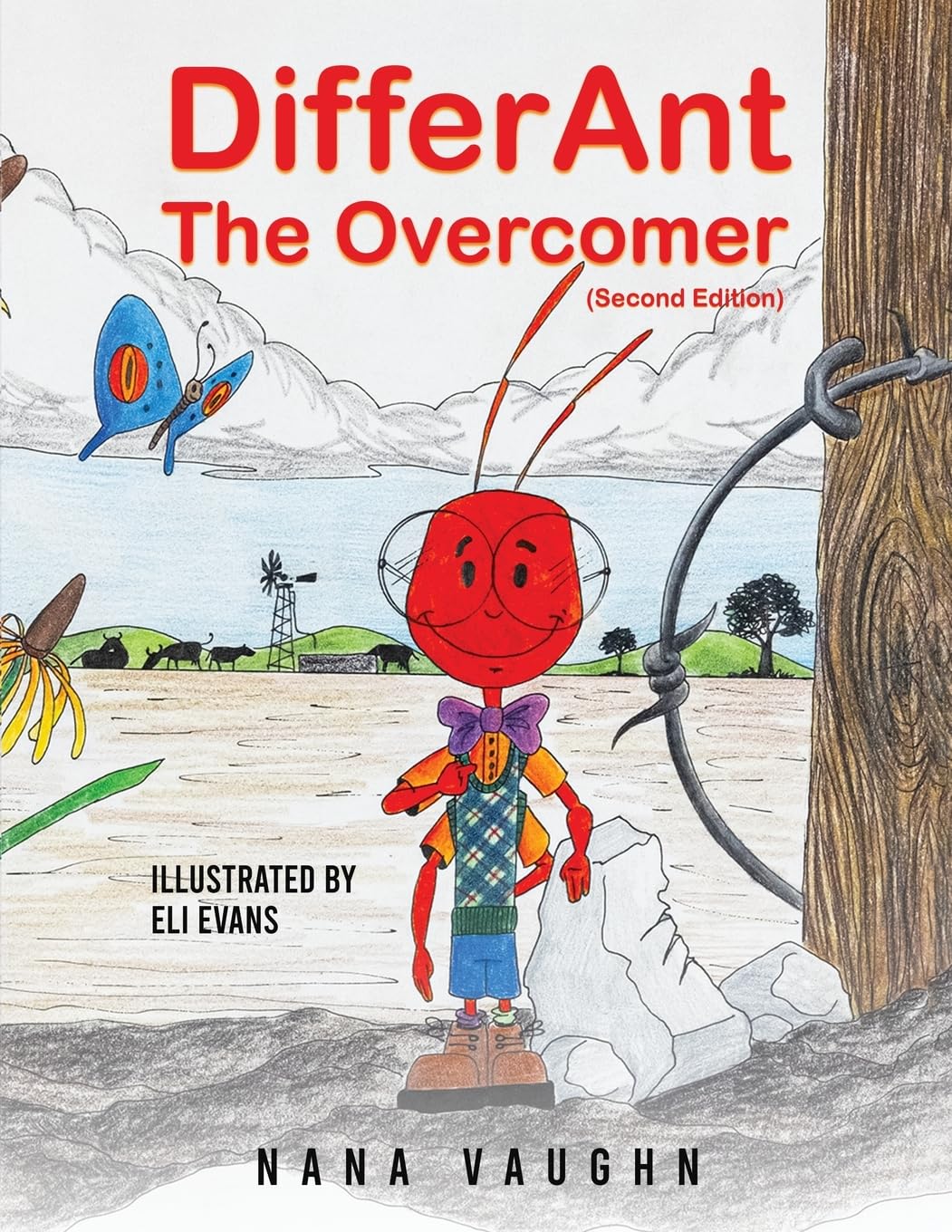
A crucial component of personal development is self-discovery, especially for impressionable minds still figuring out the intricacies of their identities and the world around them. Building an atmosphere that promotes self-exploration can have a significant impact on a child’s development, assisting them in developing self-assurance, resilience, and a strong sense of self.
This blog will help you understand the useful tactics to support a child’s self-discovery and help them develop into confident, self-aware adults.
Creating a Safe Space for Exploration and Expression:
The foundation of self-discovery is a supportive and safe environment. Kids must be able to freely express their ideas, feelings, and thoughts without worrying about being judged. They can explore many facets of their personalities and find their voices because they feel comfortable.
It’s critical to pay close attention to children’s stories and validate them to create this atmosphere. Giving someone your whole attention lets them know that their ideas matter, whether they are sharing a novel concept, voicing a worry, or just chatting about their day.
Encouraging Curiosity and Critical Thinking:
Children have a greater grasp of themselves and the world around them when they are encouraged to ask questions and look for answers. Critical thinking, which is necessary for problem-solving and making well-informed judgments, is a product of curiosity.
It’s critical to foster an environment that invites inquiry to promote curiosity. This can be accomplished by exposing them to novel concepts, subjects, and thought-provoking activities.
The Role of Play and Creative Activities in Self-Discovery:
Play and artistic endeavors are essential to a child’s process of self-discovery. Children explore their imaginations, push boundaries, and gain a sense of freedom via play. Additionally, by engaging in these activities, they may communicate their thoughts, feelings, and experiences nonverbally—a valuable skill for people who might struggle to put their sentiments into words.
Children can use creative activities like writing, making, and drawing as a vehicle to discover their inner selves. They can better connect with their emotions and express themselves through these activities.
Guiding Without Directing: Supporting Autonomous Learning
Knowing when to back off and let kids take the lead is another crucial part of promoting self-discovery. As important as instruction is, allowing kids the autonomy to explore and learn at their own pace is just as vital.
Parents and educators may assist children in developing a strong sense of self by providing a safe environment for inquiry, incorporating play and creative activities, and promoting autonomous learning. These techniques not only foster personal development but also provide kids with the tools they need to face the world with resilience and confidence.
In a world where individuality is often quelled by the pressure to conform, Nana Vaughn’s children’s book, ‘DifferAnt the Overcomer’, shines as a beacon of encouragement. This captivating story invites young readers to explore themes of self-acceptance, resilience, and the transformative power of compassion.
‘DifferAnt the Overcomer’ tells the inspiring tale of a different, little ant whose unique traits make him stand out among the colony. Although his differences subject him to ridicule and discrimination, DifferAnt’s unwavering determination to embrace his uniqueness illustrates that true strength comes from self-acceptance and courage. Guided by the wise and supportive Mrs. IntelligAnt, DifferAnt learns to navigate his challenges. This emphasizes the impact of mentorship and the value of having a supportive figure in the journey of self-discovery.
With vibrant graphics and an engaging story, Vaughn’s book entertains and sparks meaningful conversations about acceptance and identity. ‘DifferAnt the Overcomer’ is more than just a children’s book—it’s a powerful tool for teaching resilience, empathy, and the importance of accepting that everyone is different.
